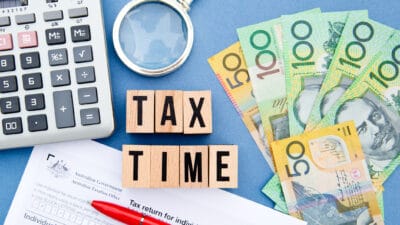Investing and saving money have always had an interesting relationship, requiring a delicate balancing act. After all, in this era of record low interest rates, if you're saving money to keep in the bank and not investing it, you're pretty much going backwards.
Whether it's buying shares, investing in property or just paying off the mortgage, I think it's of paramount importance that you ensure a big chunk of your money is working to build your wealth.
But conversely, you also don't want to invest every spare penny you have, in case something goes wrong and you unexpectedly need the money.
Can you imagine if you lost your job in a recession, and were then forced to sell your shares in a savage bear market for rock-bottom prices? It's not a situation anyone would want to find themselves in.
And heaven help you if you throw in a margin loan on top.
Alas, during the GFC a decade ago, many investors were caught out in similar scenarios.
So, how much cash should you save before investing it?
The first step should be making sure you will never be caught short. Having at least 3–6 months of living expenses built up in an 'emergency' fund is a great start. But this money needs to be liquid and in cash – not stored away in 'safe' dividend shares, a bond ETF or even a term deposit.
I understand it's tough leaving a big chunk of change in a low-yielding, inflation-matching bank account, but a proper 'emergency fund' means you should be able to access it at a moment's notice.
But once you have this fund established, I think it's time to go for broke with investing.
Foolish takeaway
The old logic of keeping 'a third in cash' as part of your investing strategy is sadly outdated in today's world. I no longer see cash as an investment, and I think that apart from a 'buy more if the market dips' fund, you should stick with shares and property over cash and fixed-interest investments.








